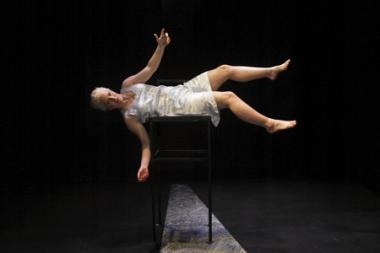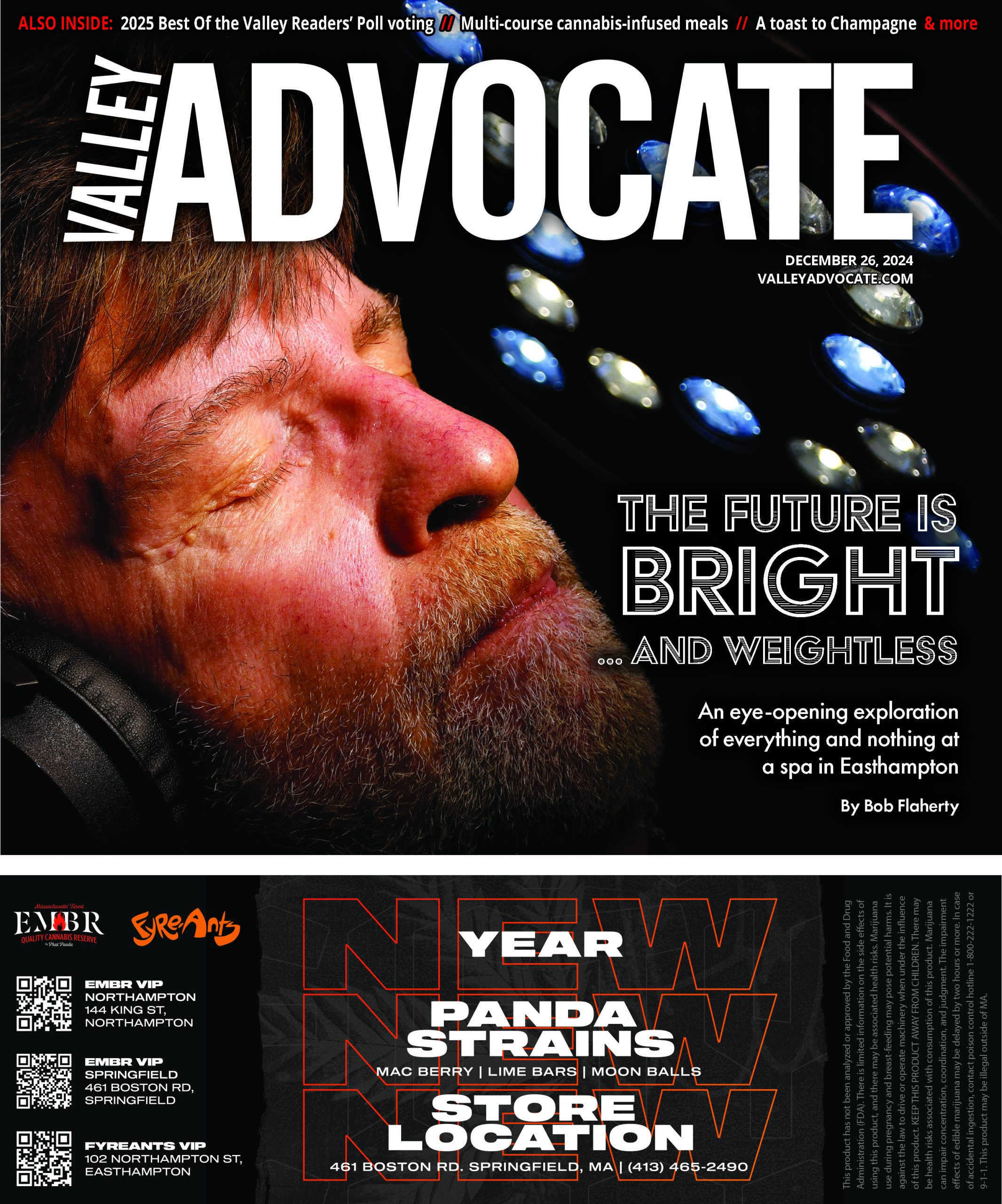The first two weekends of this year’s Ko Festival of Performance demonstrated the scope of this summer carnival of theater that defies and redefines convention. A solo performer recounted a dozen real-life stories; a six-person ensemble enacted a single fantastical journey using nothing but their bodies; and a timeless legend was retold by puppets.
The season opened with the premiere of a new work by Gregory Ramos, When We Danced, a distillation of interviews with elderly queer people who span the LGBT spectrum. In a series of first-person vignettes, they recall the bad old closeted pre-Stonewall days and reflect with sorrow, pride and humor on their struggles and triumphs.
Ramos is an accomplished actor and dancer (though his pirouetting costume changes were jarring) and his characterizations were subtly effective. Most of the stories were typical rather than distinctive, but their poignant ordinariness gave them a kind of archetypal power—as witnessed by the tears of recognition that flowed from many in the audience.
While When We Danced was all speech, Alice was all movement. Quest Productions is a company of deaf, hearing-impaired and hearing artists who depend not on sign language but on expressive gesture to communicate with audiences. Their aesthetic is part silent movie, part dance and part clown show.
Alice is the company’s mimetic take on Lewis Carroll’s timeless fable. It’s framed as the fantasy of little Alice, whose self-absorbed family ignores and belittles her. During a tea party—a recurrent theme, evoked with a teacup-and-saucer pose—she crawls under the table and disappears down the rabbit hole into a relentlessly shape-shifting forest.
The visual imagery that tells the story is playful and inspired. There are breathtaking dynamics, like Alice’s long fall and her metamorphoses into tiny and then huge, all achieved by interactions of the performers’ bodies, and great visual gags, including a 10-legged caterpillar and a Cheshire Cat face materializing out of flashlight beams.
The annual outdoor performance by the Mettawee River Theatre Company last Sunday was The Woman Who Fell from the Sky, based on the Iroquois creation myth. Puppets large and small represented the spirits who fashioned, and the creatures who inhabited, the embryonic earth.
Ko’s season theme is “All in the Family,” defined very loosely. The next two shows in the series make it more explicit. This weekend, Erika Batdorf’s one-woman Poetic License presents a mother and her two daughters—one a poetry professor, the other a dancing paralytic—and a storyline that includes snacks for the audience. Juggler/comic Sara Felder, a favorite last season, returns with June Bride, about “a traditional Jewish lesbian wedding.” And the season closes next month with Loup Garou, a Cajun fable given added resonance by the successive assaults on Louisiana’s shores by Katrina and Deepwater Horizon.
Each performance is followed by a talkback with the artists, an informal conversation that expands on and deepens the show’s experience.
Ko Festival of Performance: Friday-Sunday through Aug. 8, Holden Theater, Amherst College (Loup Garou at Amherst College Observatory Lawn, Snell Street), (413) 542-3750, www.kofest.com.



